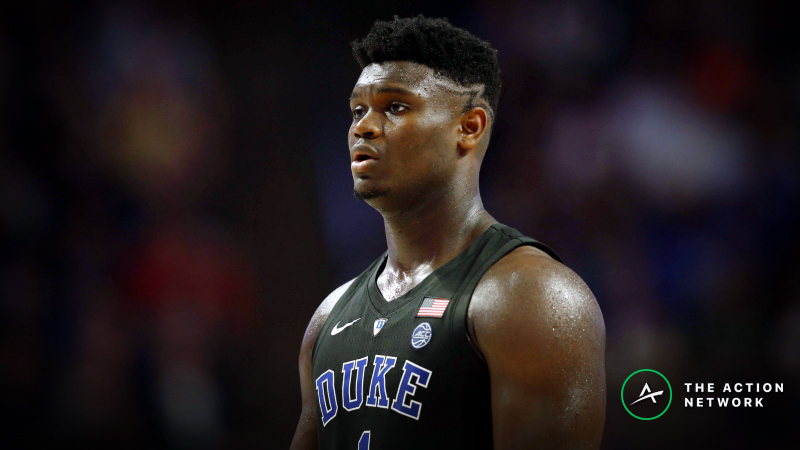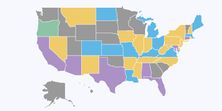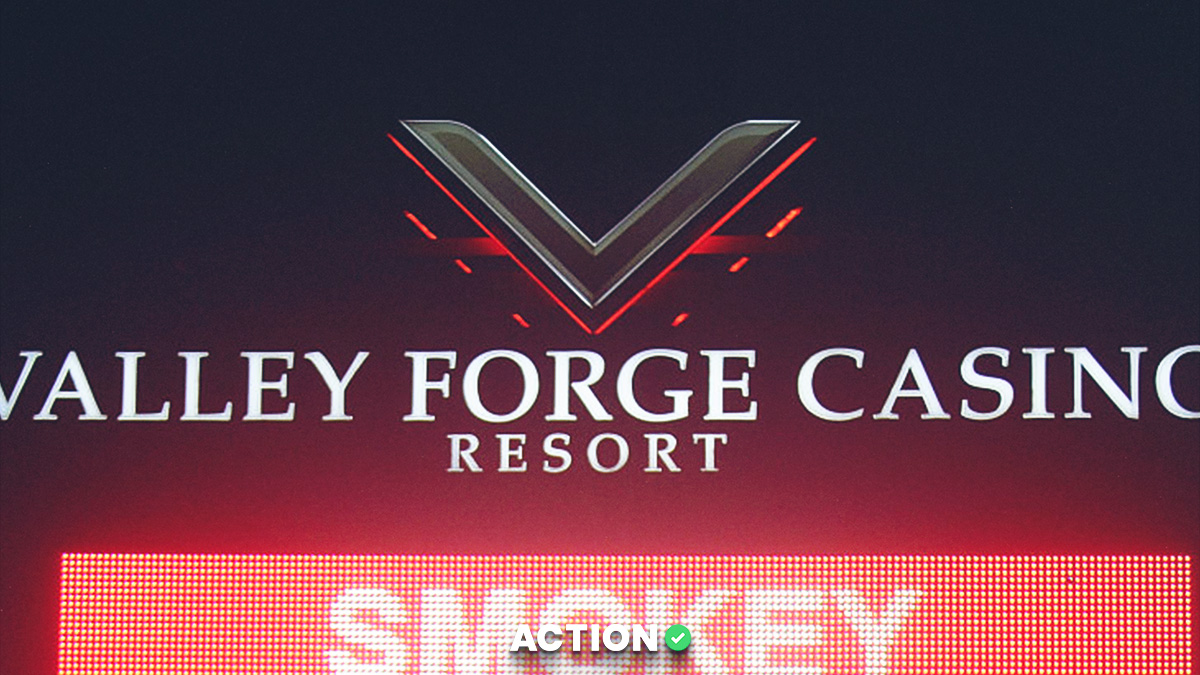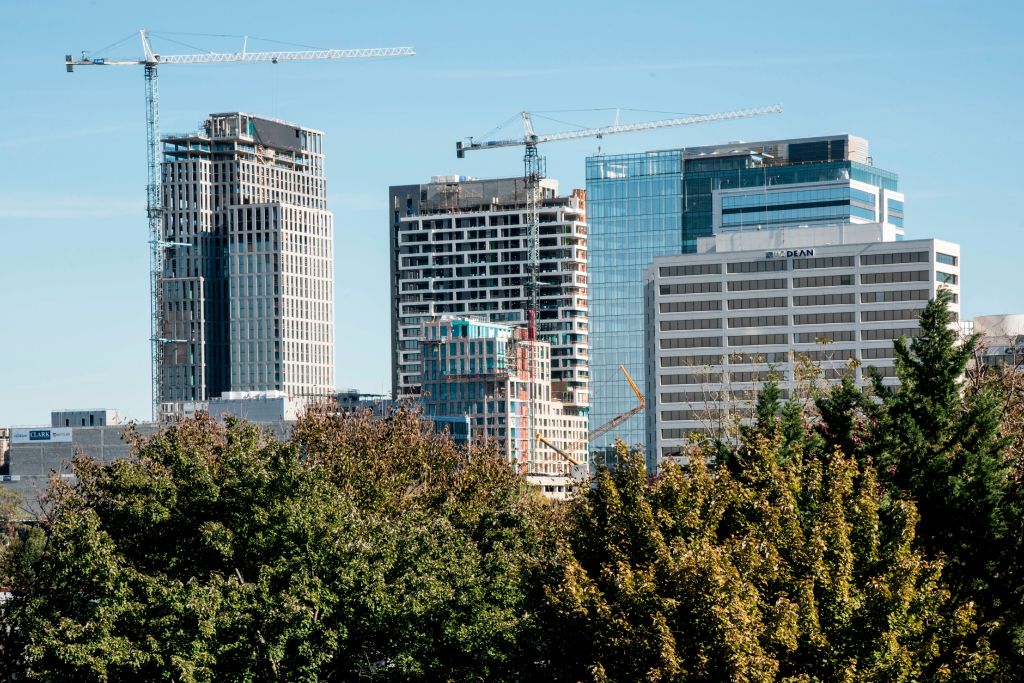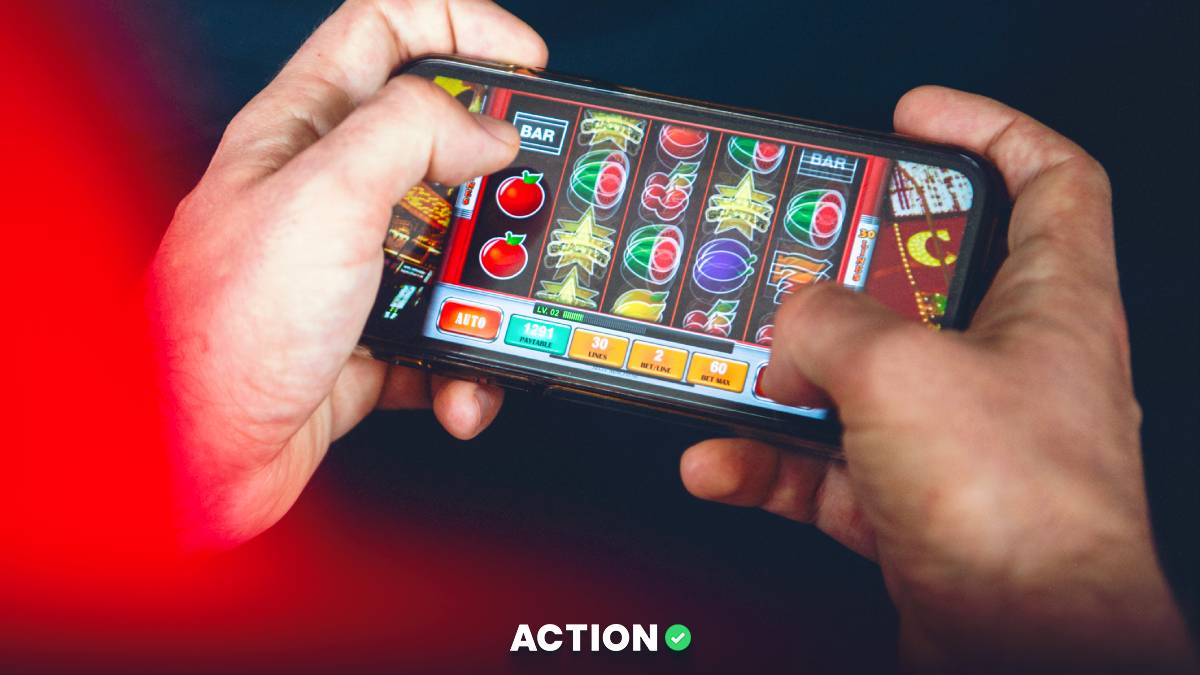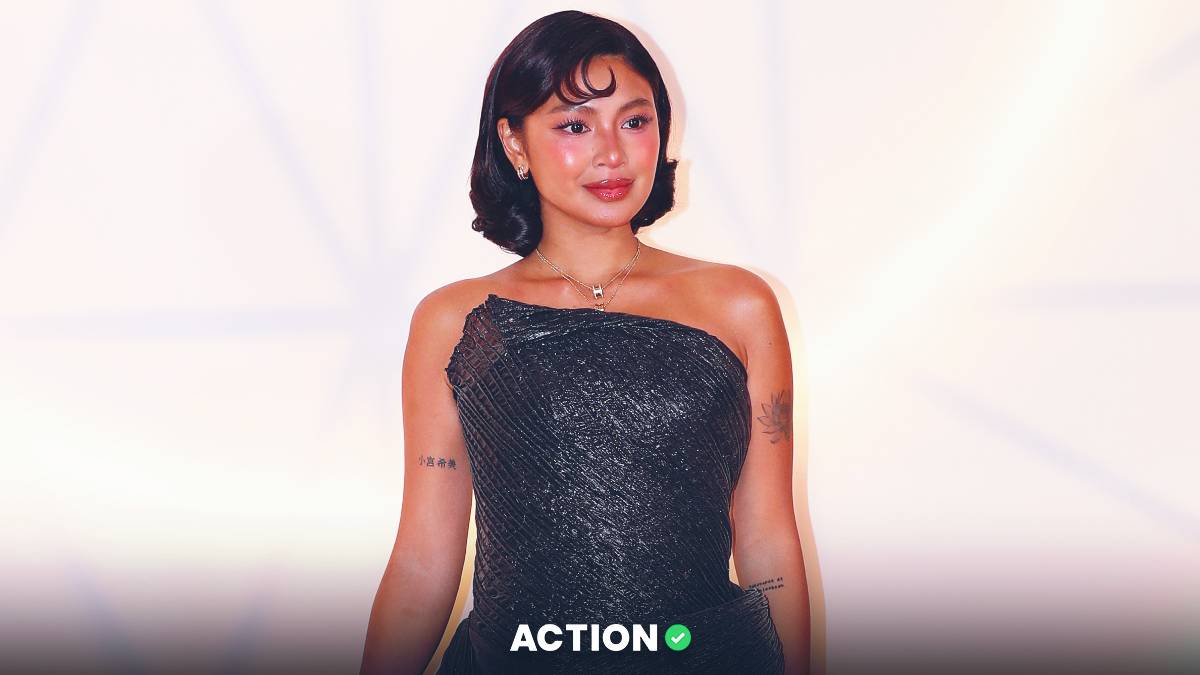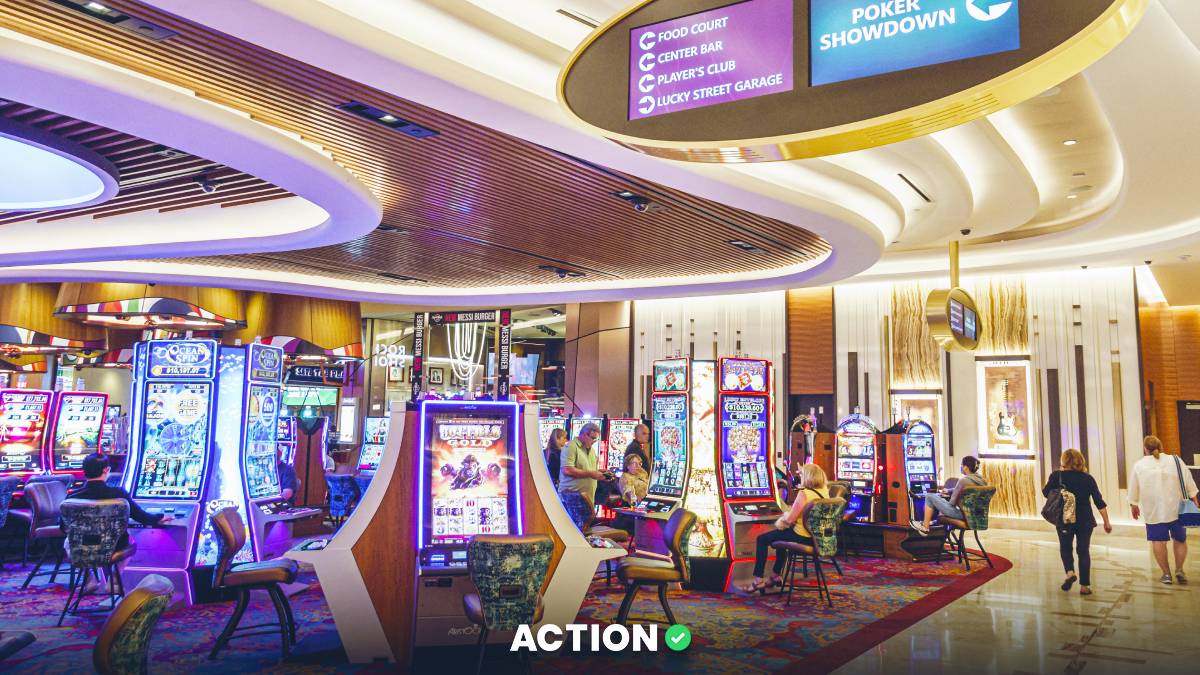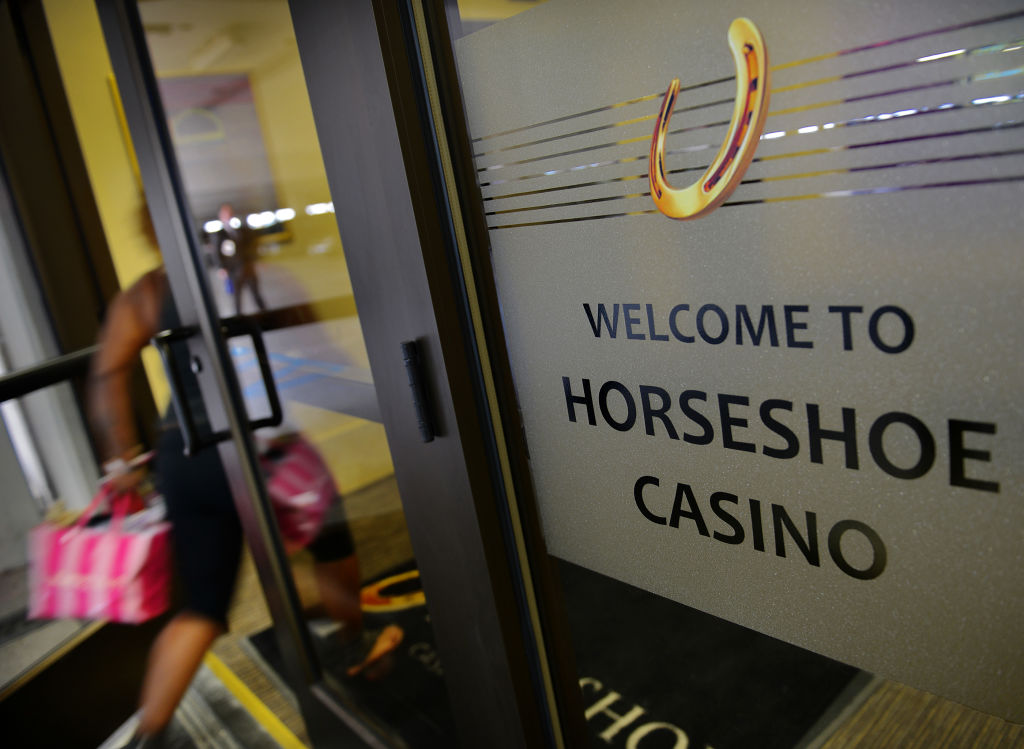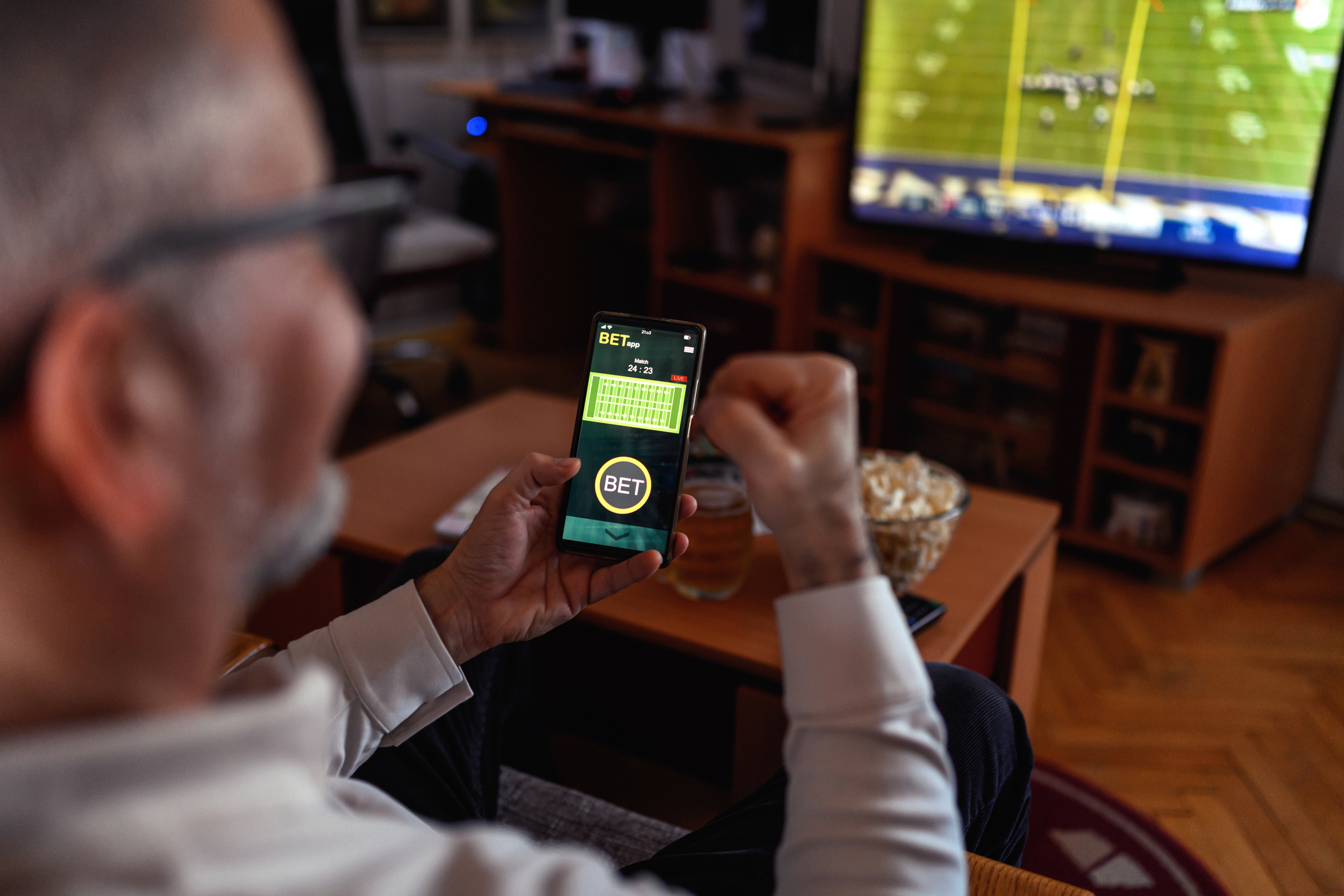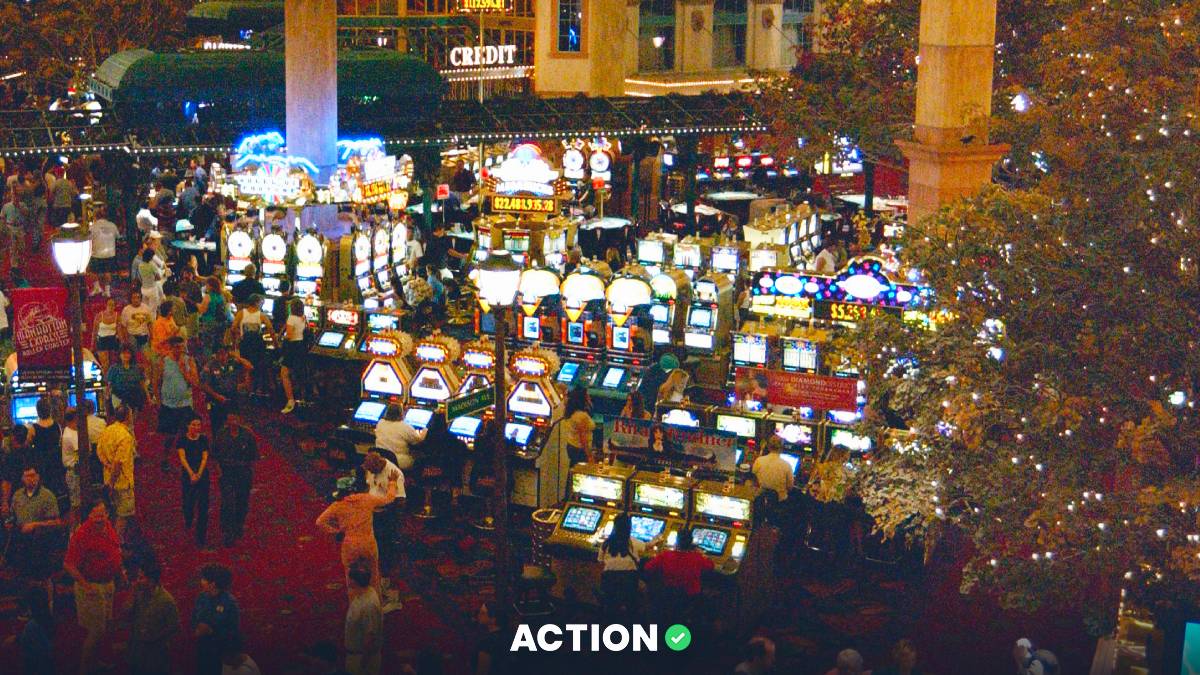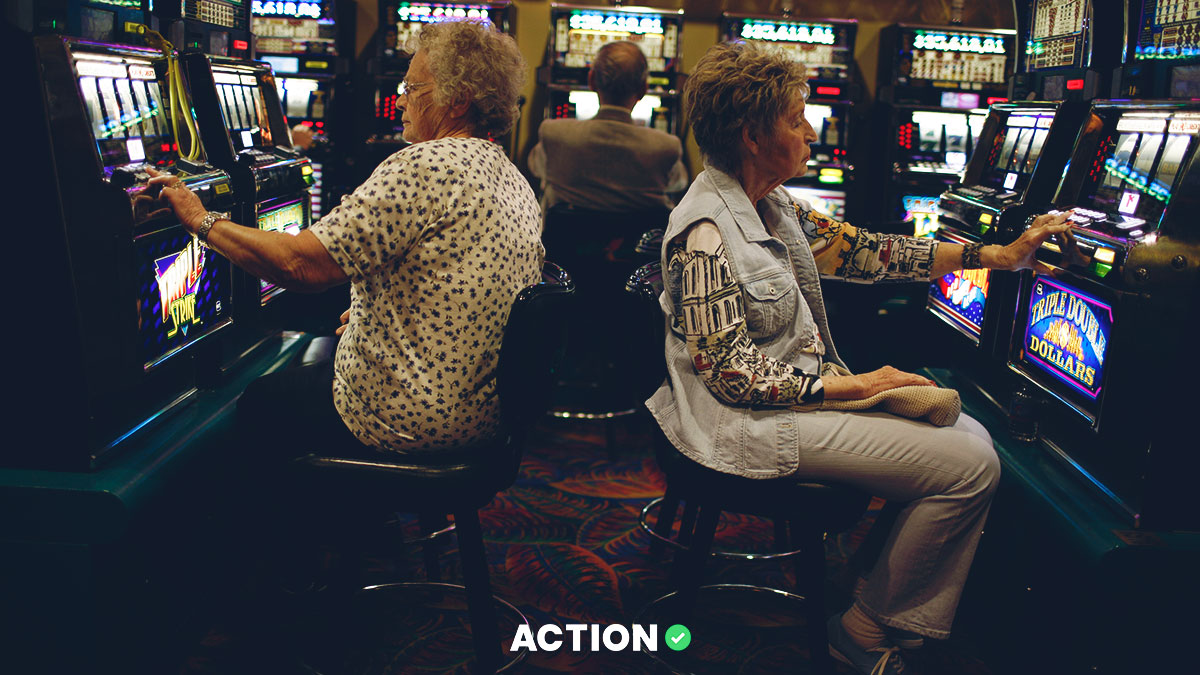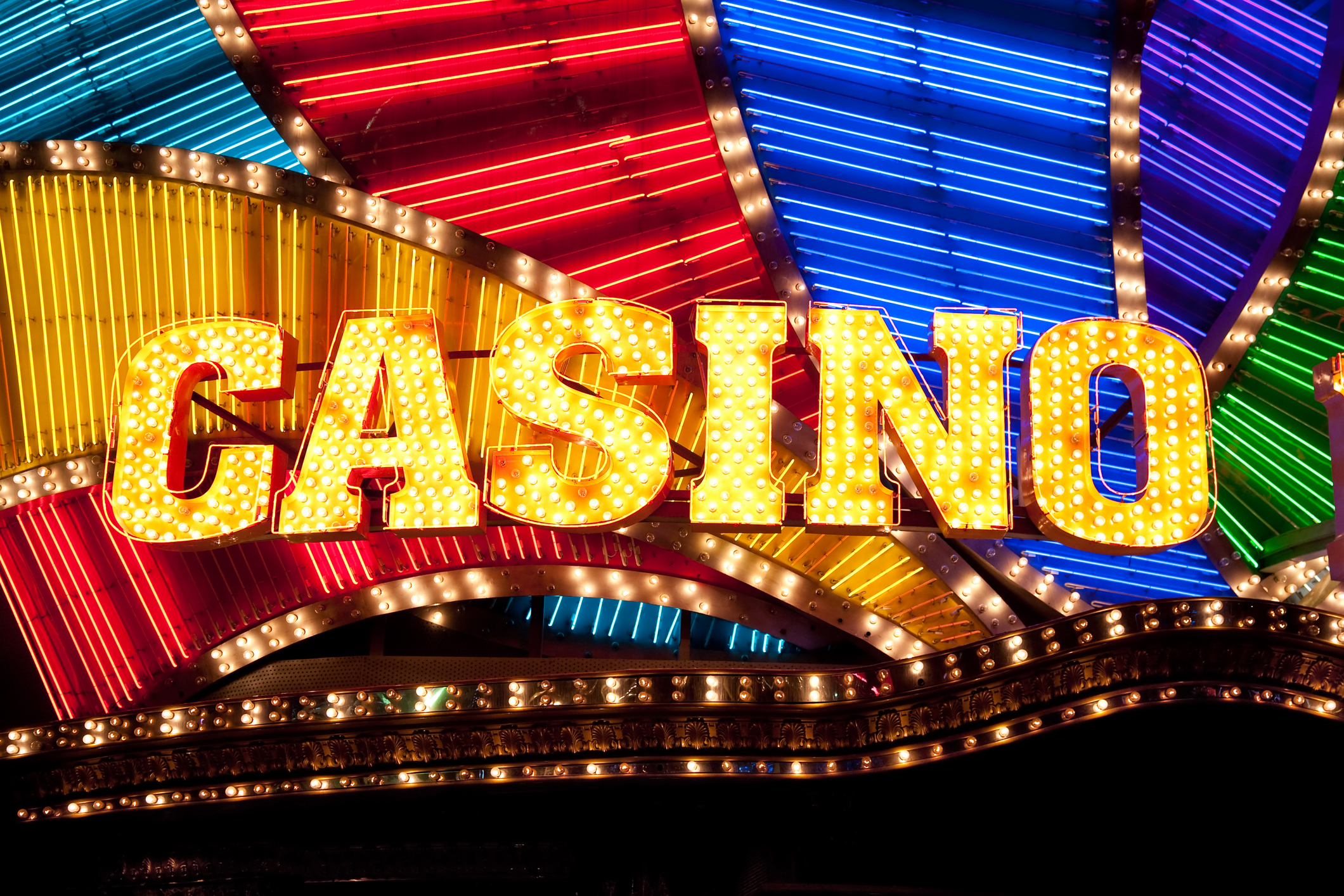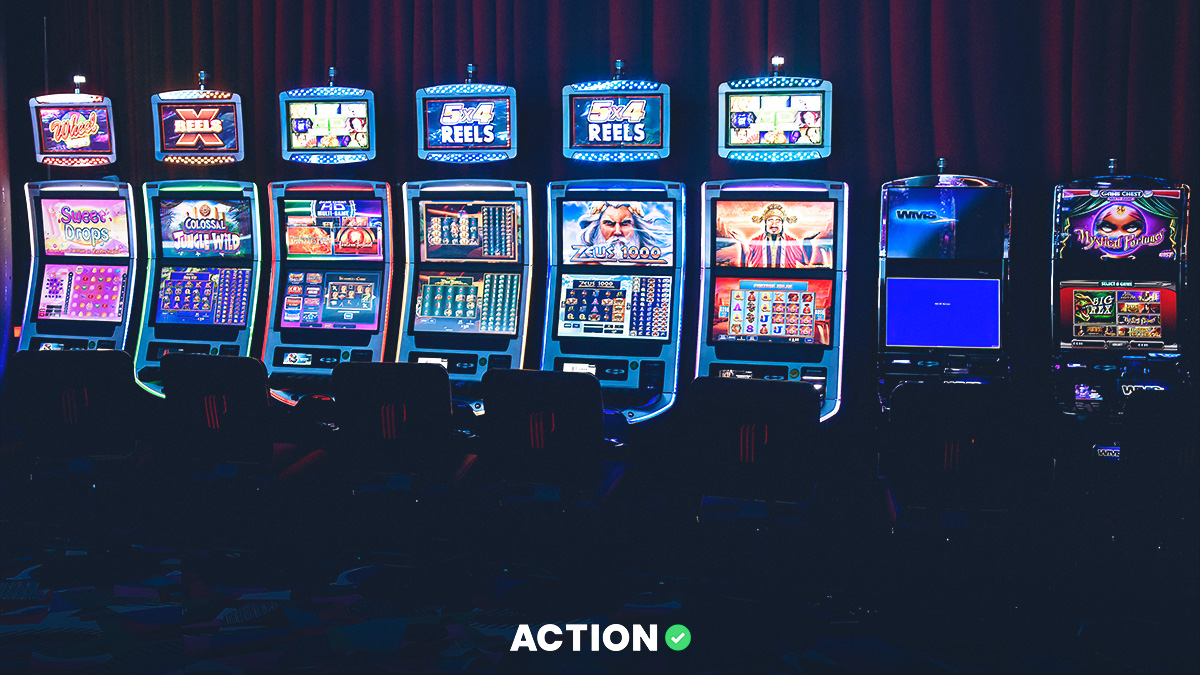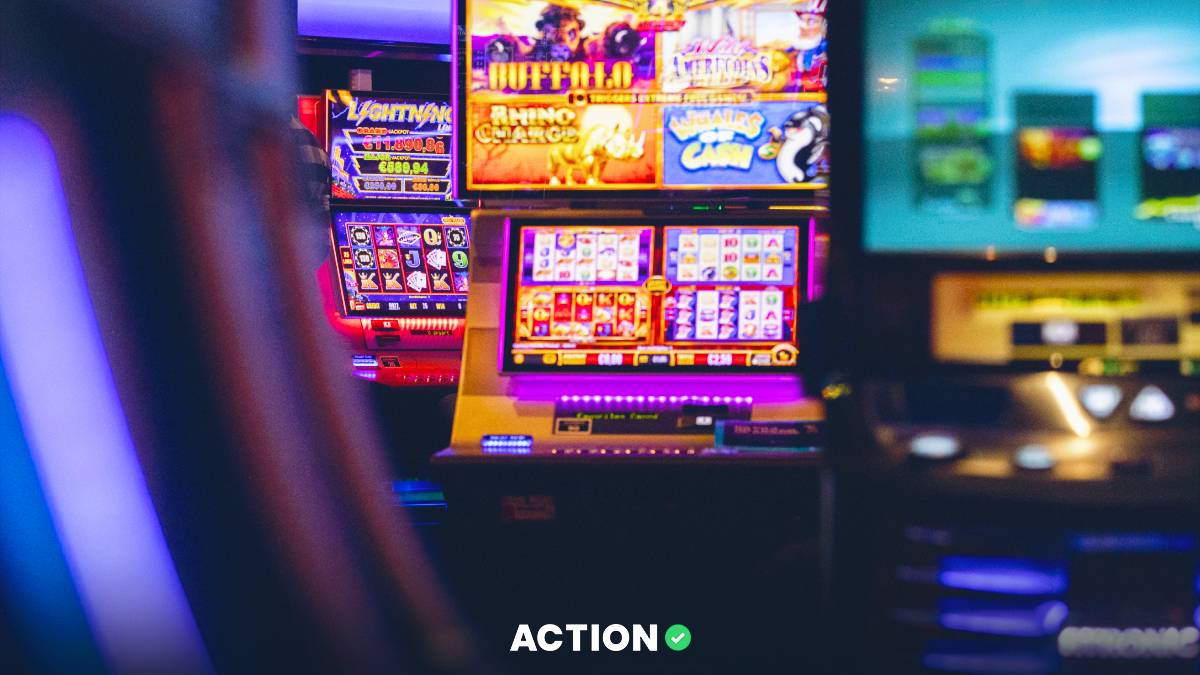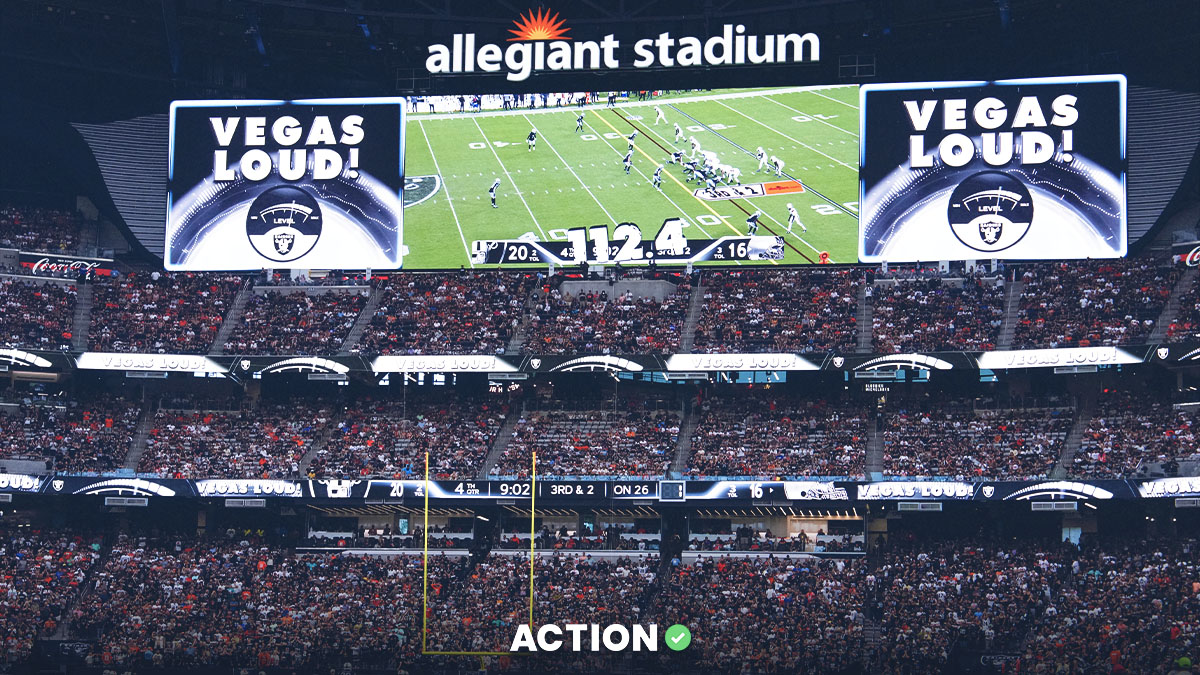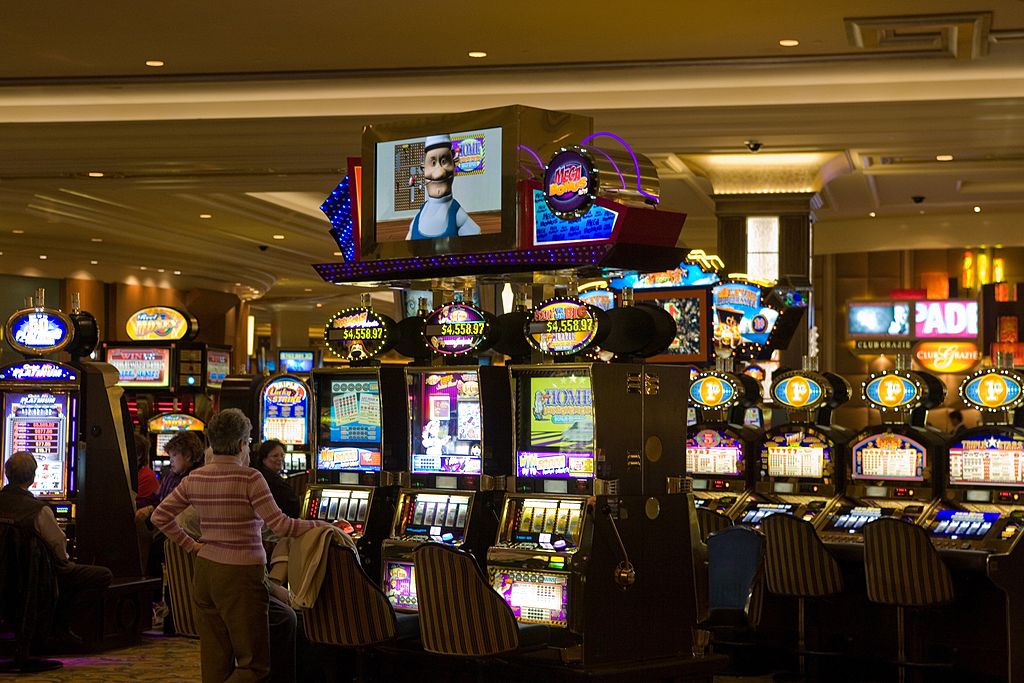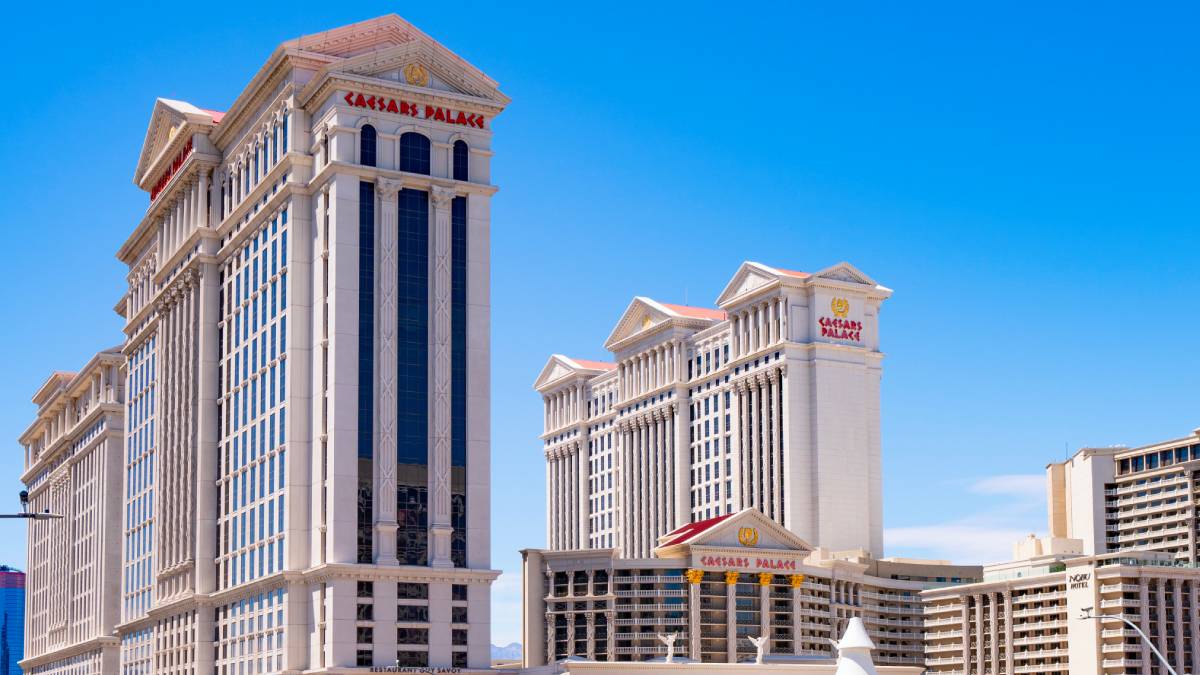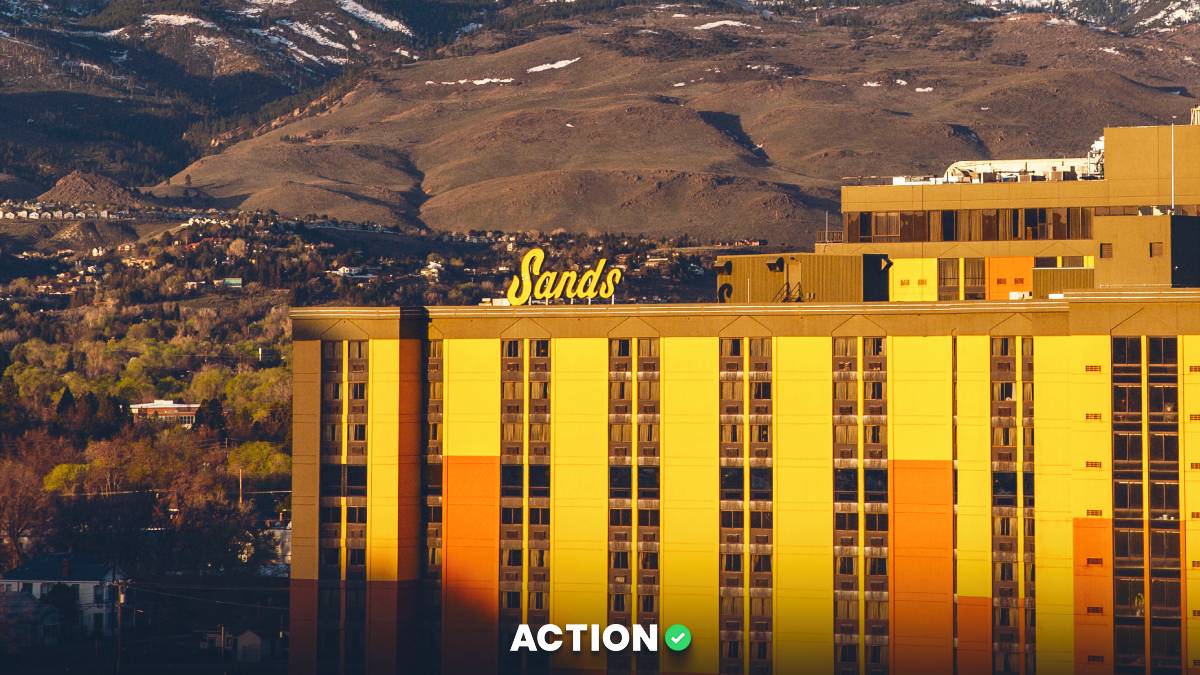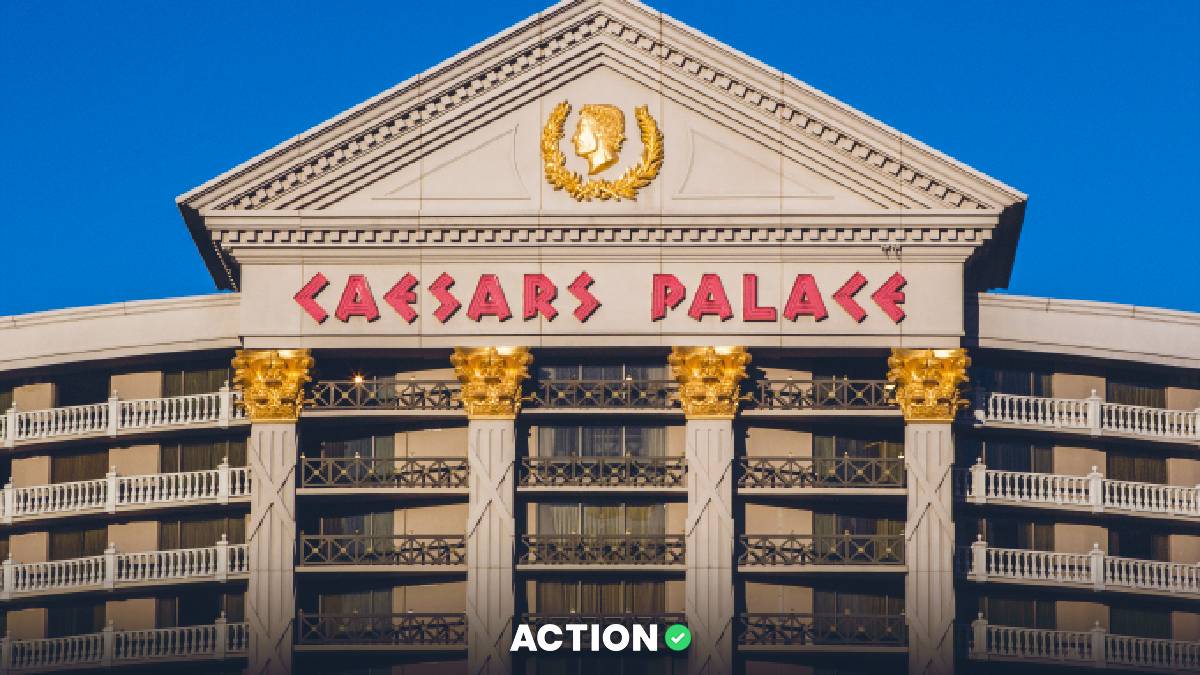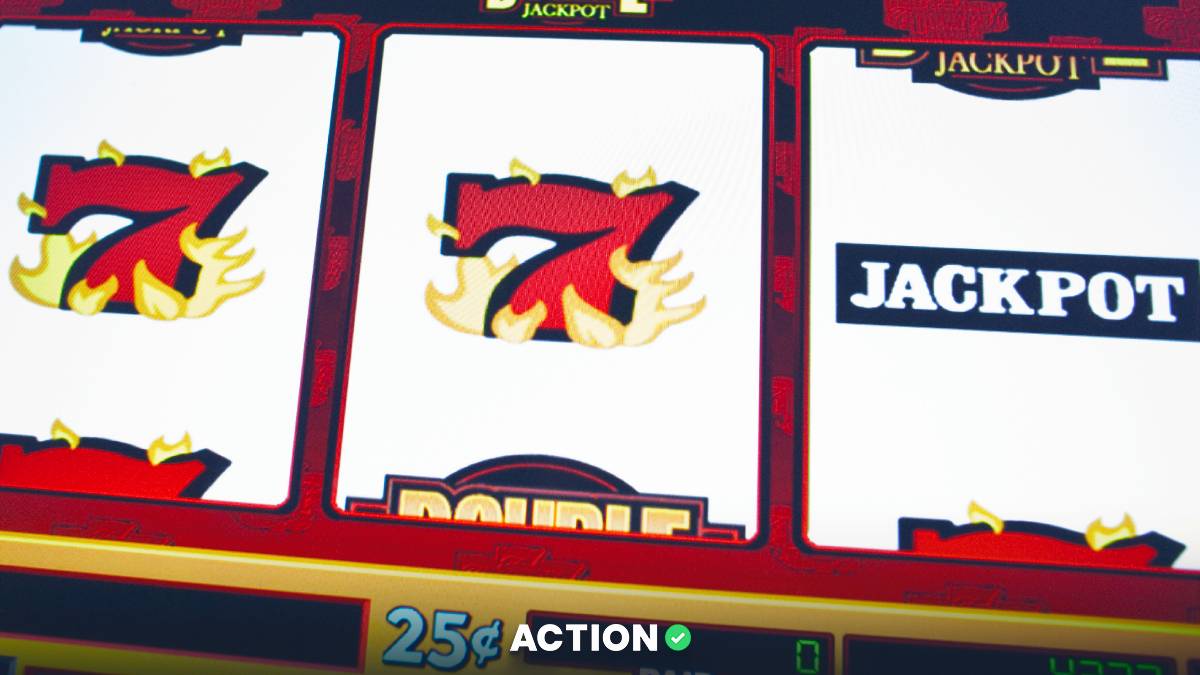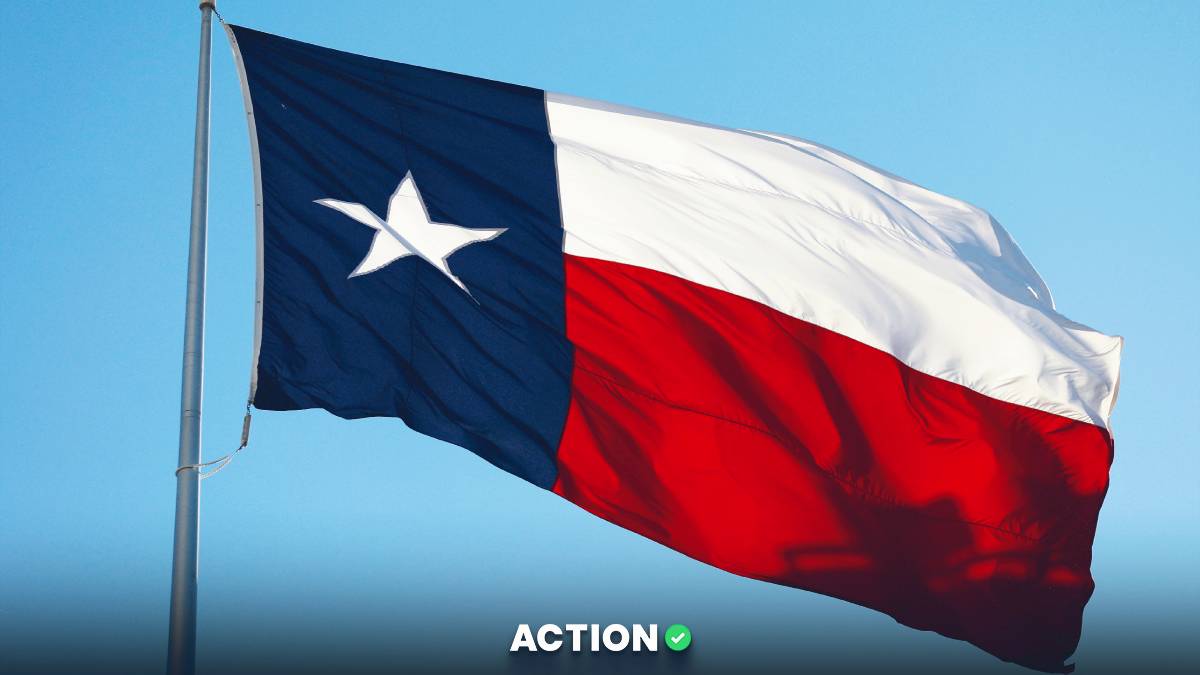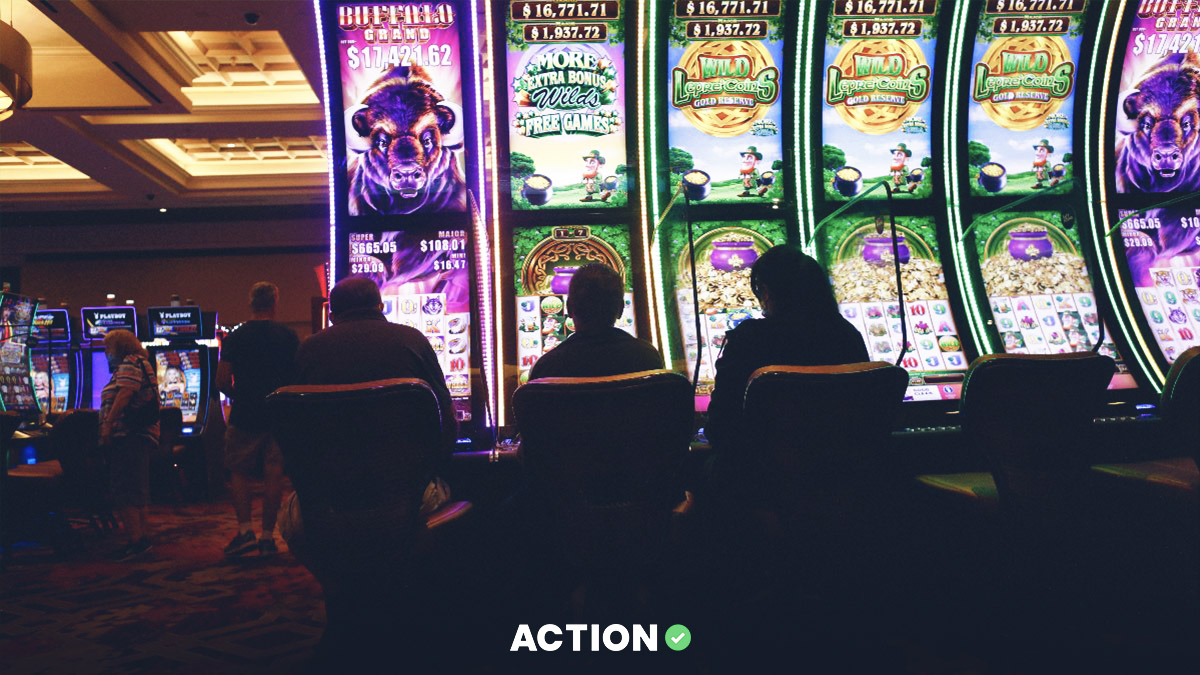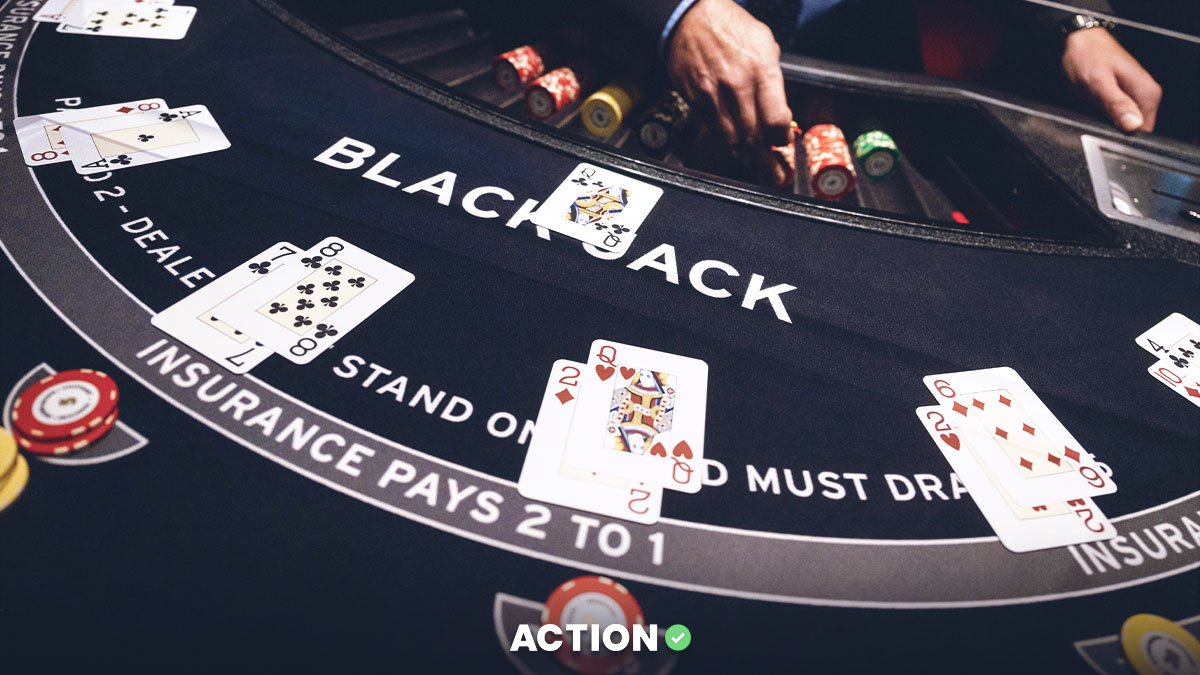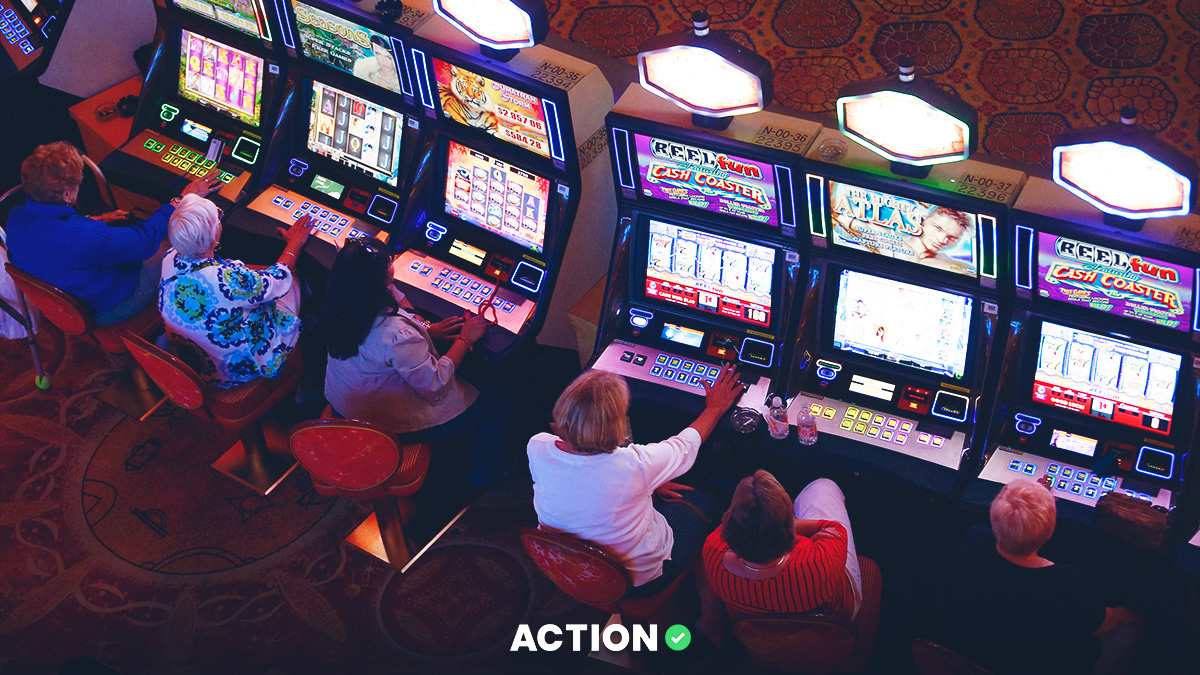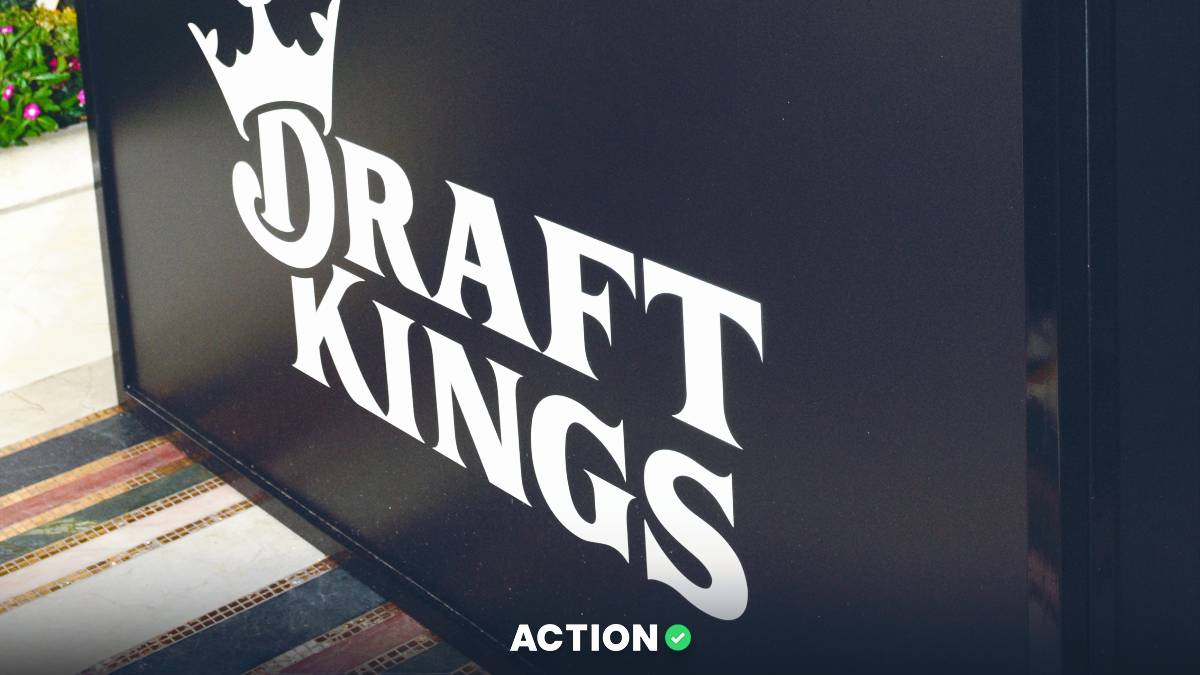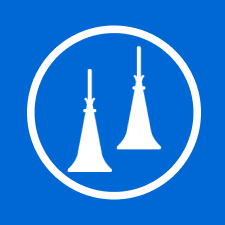The legal team of Michael Avenatti, the lawyer who the U.S. government has accused of extorting Nike for millions of dollars, has fired back in a motion filed Wednesday to dismiss the case.
While the crux of the motion attempts to support Avenatti's claim that he didn't directly demand money from Nike in exchange for staying quiet about alleged payments to players, Page 21 of the document will get the majority of the attention, as it ropes in Zion Williamson and alleges impermissible payments to him, Romeo Langford and other high school recruits within Nike’s Elite Youth Basketball (EYBL) system.
The filing includes a text message from EYBL manager Jamal James to both Carlton DeBose, the EYBL director, and Nike's recruiting coordinator John Stovall. In the message, James allegedly asked whether they would be "willing to do…whatever may be needed for the Zion/Romeo (Langford) situations as well as the money we're now going to do for the (redacted name of minor) kid in Michigan."
Stovall's response: "Langford — 20, Zion — 35 plus and (redacted name of minor) –15."
Debose reiterated, according to the filing, that he would be willing to cover the $70,000 total.
Avenatti's team did not produce any evidence in the filing that the payments were actually made, as Avenatti has previously alleged.
“I am confident in the facts, truth and evidence,” Avenatti told The Action Network. “It will all show that I should have never been arrested, let alone charged, and that Zion and many other players were bribed to attend Duke and other schools.”
While Williamson wound up at Duke, a Nike school, Langford played his one-and-done season at Indiana, which is sponsored by Adidas. Both players wound up signing with Nike for their pro careers — Williamson with the Jordan brand and Langford with Nike Inc.
“As we have stated previously, all Duke student-athletes are subject to a thorough review to ensure their eligibility,” Duke deputy athletic director Joe Jackson said in a statement. “Beyond that, we have no further comment on this matter.”
Avenatti's team also puts forth a discovered communication between DeBose and Nico Harrison, Nike's vice president of North American Basketball Operations, that he "was willing to bet that 38 of 40 teams in the EYBL had to pay a moderate ransom just to play in the EYBL."
And Rachel Baker, a Nike executive who performed event strategy for the EYBL, told a colleague, in a communication reviewed by Avenatti's team, that she was concerned about the large amounts of cash that was being carried through airport security. She said that if asked why she had that much cash, she would say "I just sold my car."
Avenatti's team does not include any evidence of Baker saying she gave a specific player cash.
Avenatti was representing Gary Franklin Sr., the coach of a Nike youth basketball team called California Supreme. When Nike cut off its funding, Franklin hired Avenatti and said he would go public with payments Nike allegedly paid to his players. In settlement talks, Avenatti, with his lawyer Mark Geragos, proposed Nike pay Franklin $22.5 million, but "at no point did Mr. Avenatti promise to 'cover up' Nike's misconduct in exchange for payments." Days later, Avenatti was arrested and charged with extortion.
“Nike will not respond to the allegations of an individual facing federal charges of fraud and extortion,” Nike said in a statement. “Nike will continue its cooperation with the government's investigation into grassroots basketball and the related extortion case.”
The Nike case isn't Avenatti's only battle. Since March, more than 40 charges have been brought against Avenatti in New York and California.


